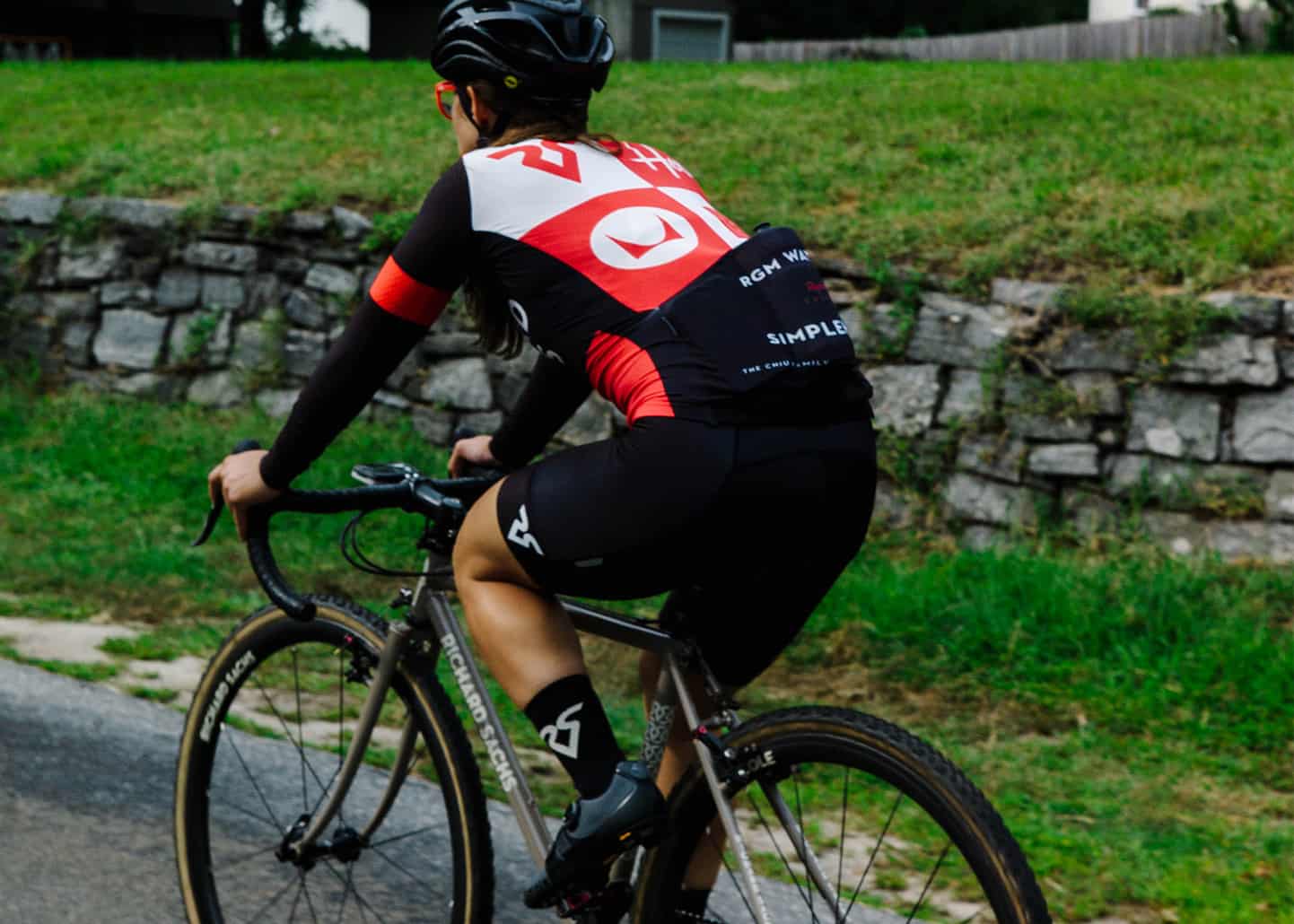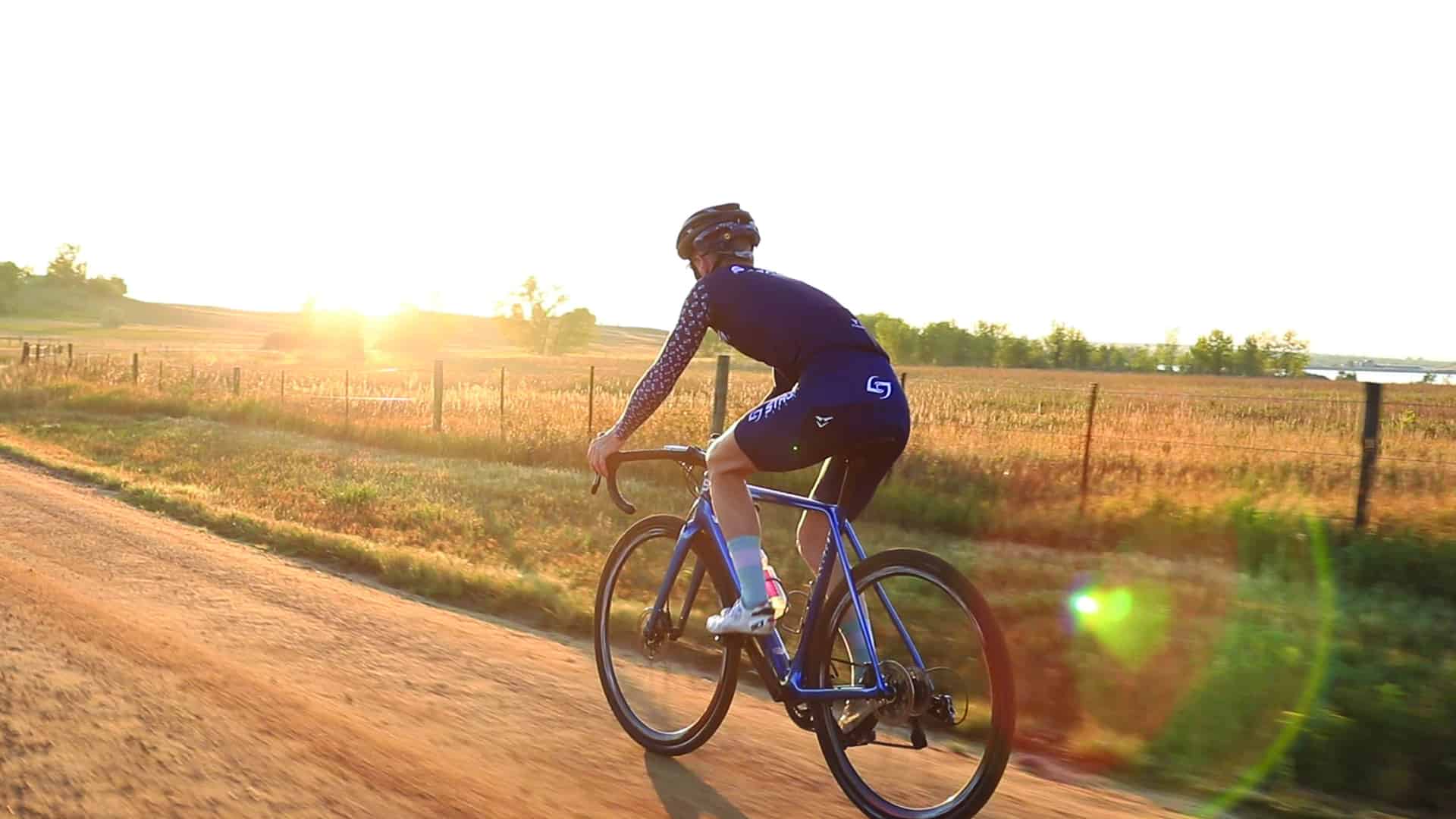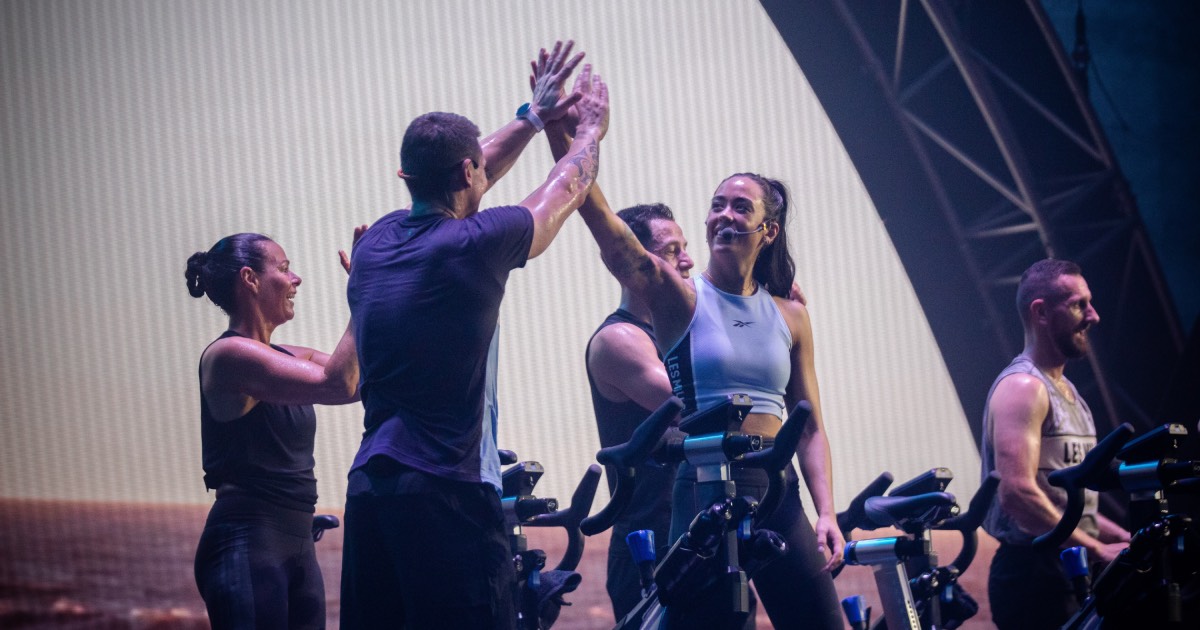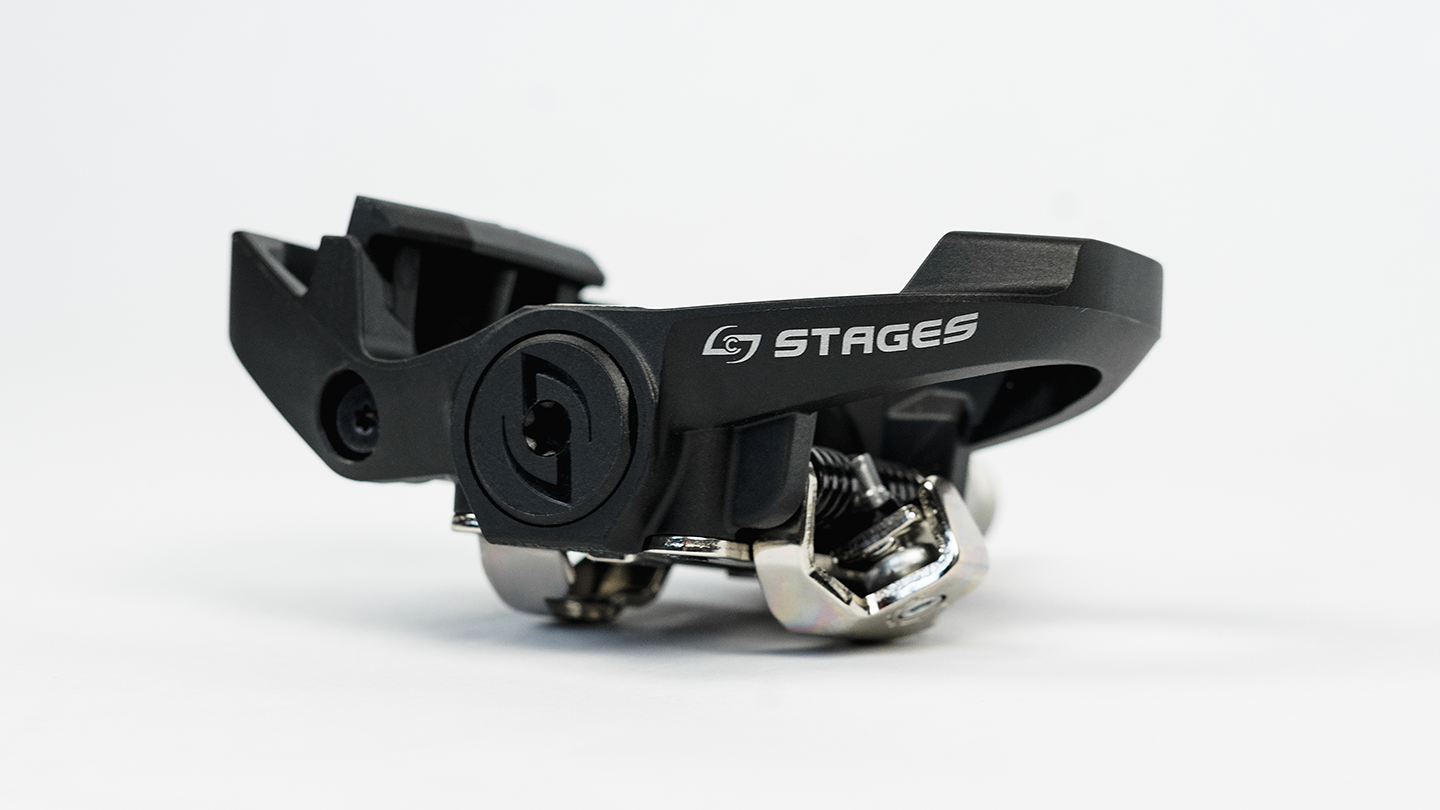CYCLING TRAINING TIPS: Openers
- By Kate Hector
- Published: Feb 11, 2021
- Last Updated: Jun 30, 2022

HOW TO WARM UP THE DAY BEFORE A CYCLING RACE
Opener workouts are about preparing your body for the tomorrows event. They are typically performed the day before a race, and touch each of the energy systems relevant for performance. They literally, open you up and get your body ready for the upcoming intensity. Load this workout on to your Stages Dash and get ready for your race!
WHAT ARE OPENERS:
Benjamin Sharp prescribes openers that are two x 5' intervals, with 5' recovery, followed by a few quick sprints, or 1' attack interval, depending on the event.
Pre-Openers Sharp recommends a long warm up. If you've done any sort of taper leading up to race day, a longer warm up will get your system primed and blood flowing.
HOW TO DO THE INTERVALS:
After a long warm up, the 5' intervals begin at Zone 4 @90-100rpm. Throughout the duration of the 5' increase intensity so you finish at max VO2 or Zone 5. Perform these at 90-100rpm. It important to spin your legs at an RPM that minimizes muscular load. Cranking out a big gear will wear your muscles, and you want to preserve them for the next day.
Then after a full recovery, perform a series of Attack Intervals. These are a few light gear sprints, or 1' attack efforts. If you're preparing for a less intense, but longer race like a Gran Fondo, some Road Races or even TT's, you don't need to add on the Attack Intervals. If you're preparing for a MTB race or Criterium, add the Attack Intervals.
OPENER WORKOUT:
- Warm Up (at least 20')
- 5' @ Zone 4-5
- 5' recovery
- 5' @ Zone 4-5
- 5' recovery
- depending on your event, add the following "Attack Intervals"
- 30" Sprint or 1' all out in a light gear.
- Full Recovery
- (repeat 3-5 times, as needed)
The thing to keep in mind is you should feel better after the workout than you did before. Don't leave your performance on the road. You don't want to dig so deep that you have to recover to be prepared to race tomorrow.
Note: Openers also lets you control what you're doing the before an event. This reduces stress and unknowns. Once you've done Openers a few times you will know what works for you and what doesn't. Then you can adjust what you do to get the best response. So take notes, put them in your training log, and then you will always be able to achieve your best performance on event day.
















